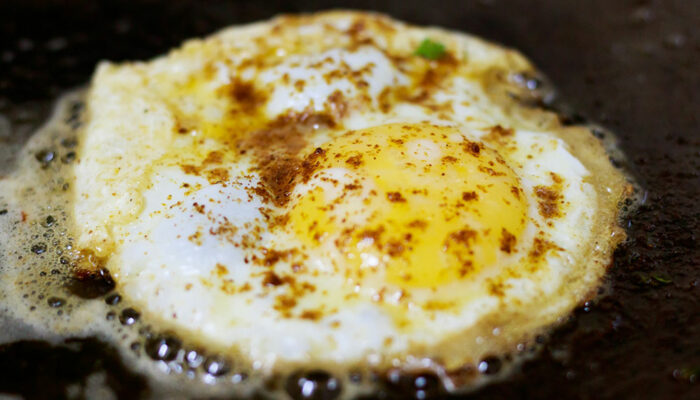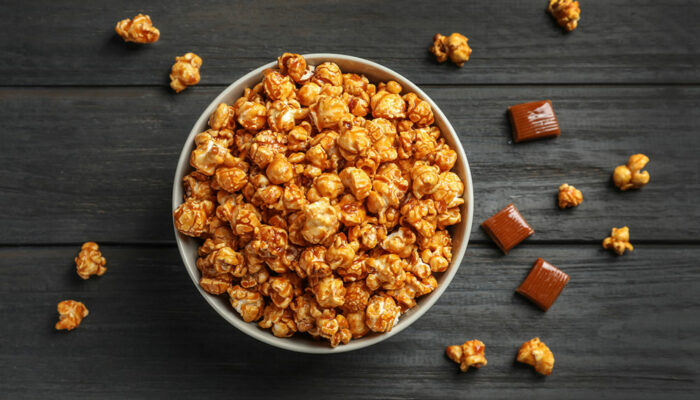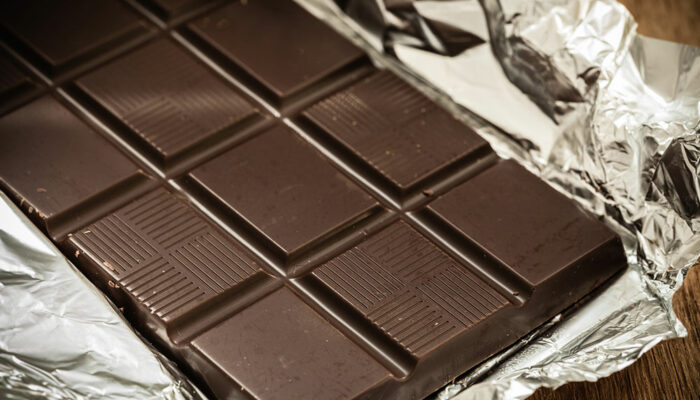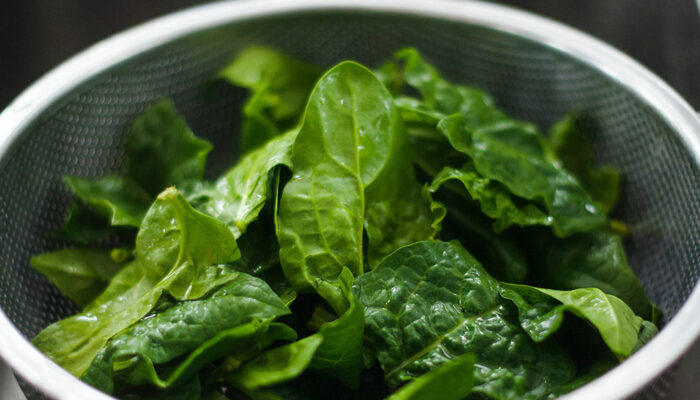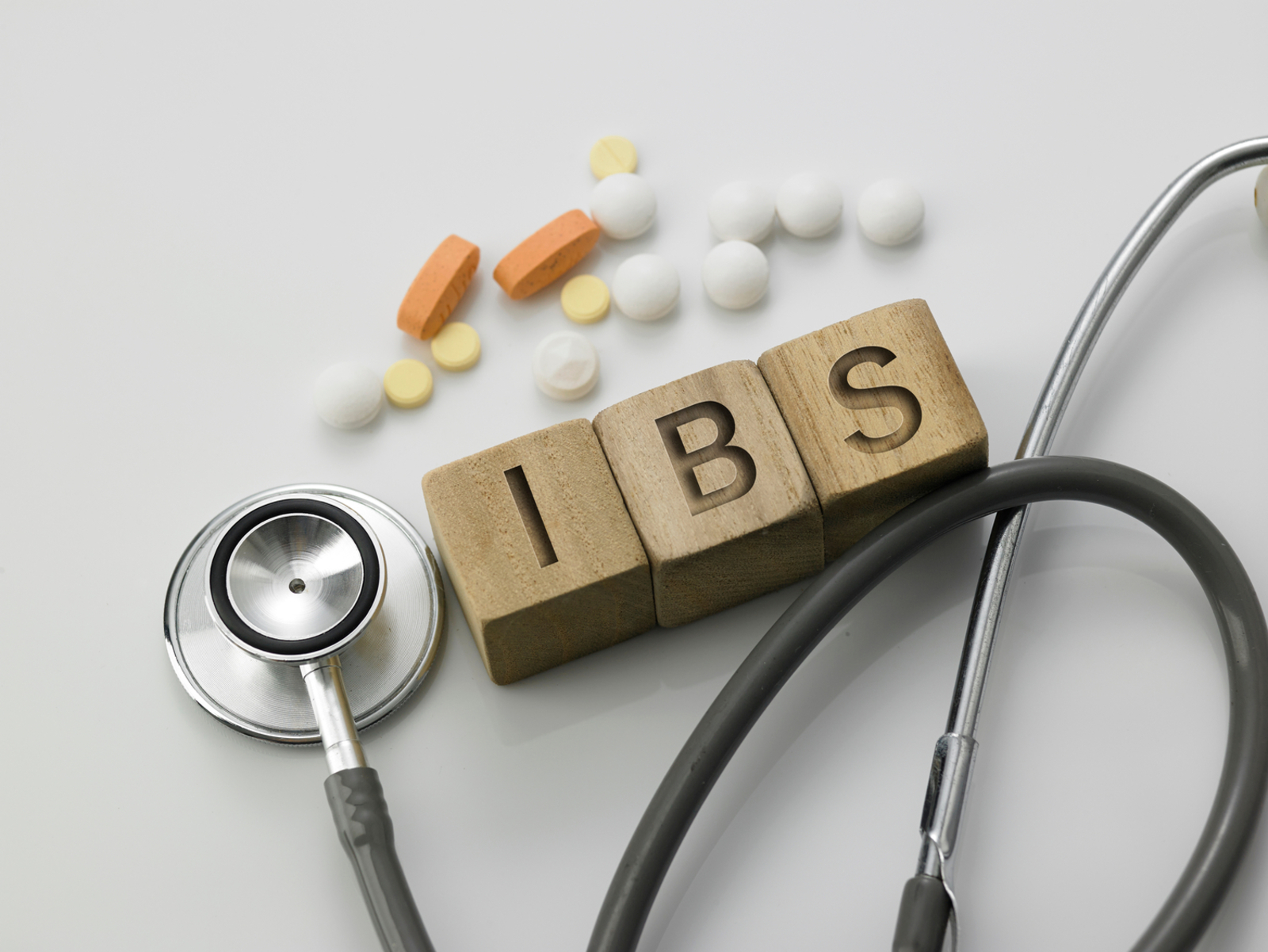
Foods to Avoid For IBS and Ways to Cover its Medical Treatments
Irritable bowel syndrome, commonly referred to as IBS, is a common digestive disorder that affects millions of people worldwide. This condition can cause discomfort, pain, and various other symptoms that can disrupt your daily life. Medical treatments for IBS can vary depending on the severity of the condition and may include lifestyle changes, medications such as Entyvio, and even surgery in some cases. However, the cost of these treatments can be a significant burden for many individuals and many rely on medications such as the Entyvio cost, with insurance. If you are wondering about IBD medication then it would be good to look up Entyvio IBD prescribing information. Some popular products for IBS include Benefiber Assorted Fruit Gummies and the number 1 rated probiotic. Additionally, there is the Viome Microbiome Test, which can be an excellent tool for anyone struggling with IBS. In this listicle, we will discuss some of the foods to avoid for IBS as eating healthy can help you save on the cost of medical treatments. So let’s dive in and discover some ways to manage IBS symptoms by avoiding the following foods:
1. Gluten
Gluten is a protein found in wheat, barley, and rye, and it can be difficult for some people with IBS to digest. Foods to avoid include bread, pasta, and cereal made from these grains.
2. Insoluble fiber
While fiber is generally good for digestion, insoluble fiber can be particularly problematic for those with IBS. Foods high in insoluble fiber include whole grains, nuts, and many fruits and vegetables.
3. Dairy
Many people with IBS have difficulty digesting lactose, a sugar found in milk and other dairy products. Avoiding milk, cheese, and ice cream may help reduce symptoms.
4. Fried foods
Fried foods can be difficult for anyone to digest, but they can be particularly problematic for those with IBS. Fried foods are often high in fat and can cause bloating, gas, and abdominal pain.
5. Beans and legumes
Beans and legumes are often high in fiber, which can be difficult for those with IBS to digest. They can also cause bloating and gas, so it’s best to avoid them if you’re experiencing IBS symptoms.
6. Artificial sweeteners
Artificial sweeteners like aspartame and sucralose can be difficult for the body to digest, and they can cause bloating and gas in people with IBS. It’s best to stick to natural sweeteners like honey or maple syrup.
7. Alcohol
Alcohol can irritate the digestive system and worsen symptoms of IBS. It’s best to limit or avoid alcohol if you’re experiencing IBS symptoms.
8. Cruciferous vegetables
Vegetables like broccoli, cauliflower, and cabbage are high in fiber and can be difficult for those with IBS to digest. Limiting your intake of these vegetables may help reduce symptoms.
